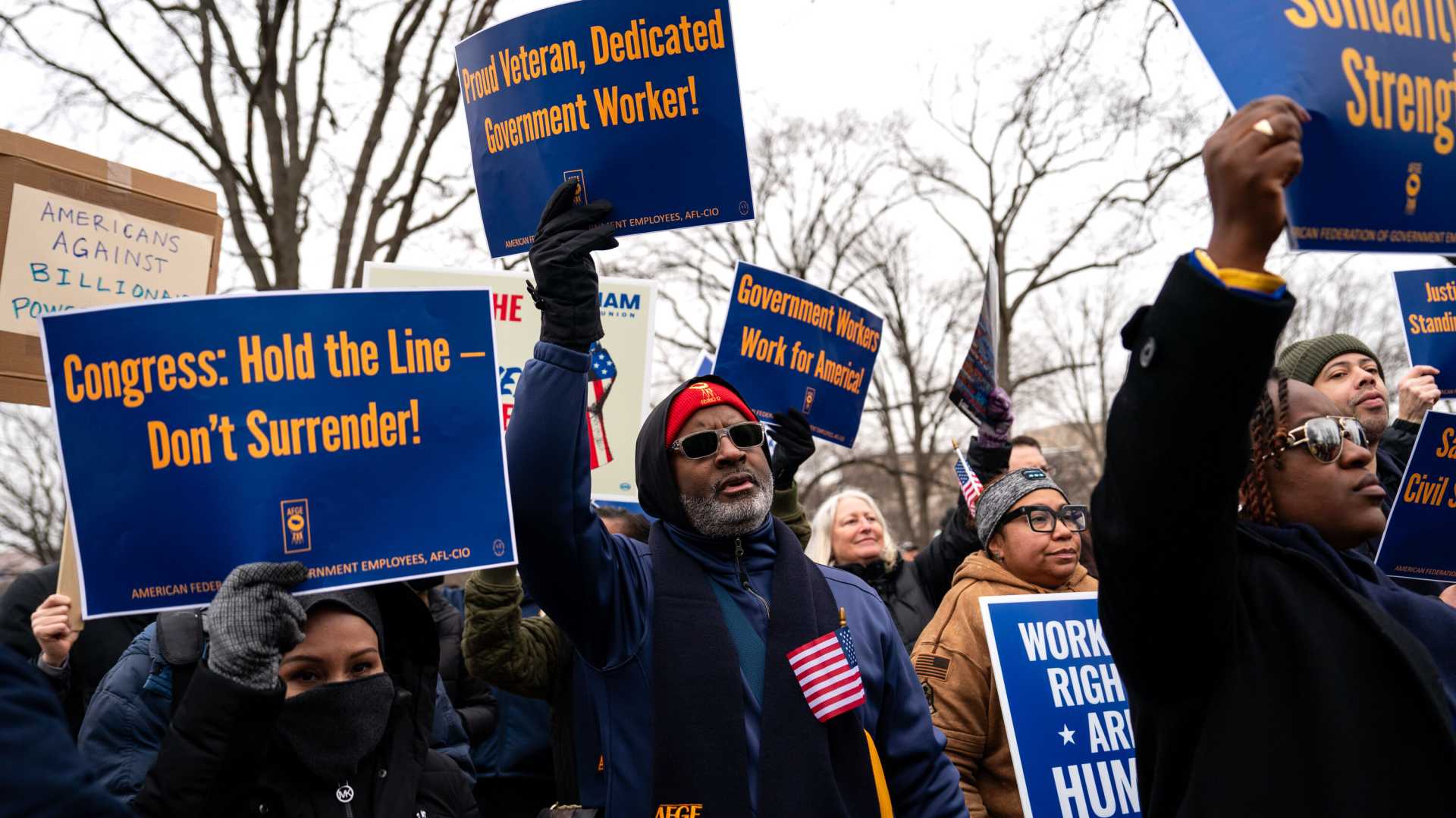Politics
Trump Administration Takes Aggressive Action Against Federal Workers

Washington, D.C. — In its first 100 days, the Trump administration has initiated significant changes that affect hundreds of thousands of federal employees, sending shockwaves across the nation.
Labor unions, including the AFL-CIO and SEIU, have pushed back by filing over a dozen lawsuits to safeguard workers’ rights. The legal ramifications of these changes were discussed at a recent panel hosted by the Ash Center for Democratic Governance and Innovation at Harvard Kennedy School.
Leading the dialogue, Harvard Law Professor Benjamin Sachs emphasized the unique nature of the current administration’s policies. Seema Nanda, former U.S. Solicitor of Labor, highlighted that the disruptions represent a significant departure from established norms in federal employment.
Nanda noted that processes exist to protect the federal workforce from political influence, underscoring the importance of merit system protections and whistleblower safeguards. In stark contrast, Senior Counsel Craig Becker outlined how the Trump administration has centralized power, replaced key officials with those loyal to the president, and employed intimidation tactics.
Becker described the replacement of the head of the Office of Special Counsel and the subsequent removal of restrictions on political displays in federal offices. He warned that the environment could soon see overt political symbols, saying, “If you see a blue hat, that person is going to soon be shown the door.”
The legal challenges put forth include a lawsuit against Executive Order 14210, known as the Workforce Optimization Order, which could potentially lead to mass firings of federal employees. Danielle Leonard, a partner at Altshuler Berzon LLP, explained that this order could put more than 45,000 workers in an at-will employment category, stripping them of job protections.
Amid these changes, federal agencies have been forced to grapple with abrupt policy shifts, leading to significant confusion among employees. “It’s very confusing to employees,” Leonard said, remarking on the complex nature of ongoing litigation.
Despite ongoing upheaval, some legal victories have emerged, including a temporary restraining order preserving the rights of certain federal workers against wrongful termination. The National Treasury Employees Union has seen successes in fighting attempts to dismantle the Consumer Financial Protection Bureau.
Becker pointed out that while these legal defeats are hard-fought, the administration continues to act quickly, often bypassing traditional due process and notice requirements. Labor groups remain resolute, mobilizing efforts to address the challenges and protect worker rights.
As facilitators of these protective measures, unions have initiated programs like Rise Up to meet the pressing legal needs of federal employees during this tumultuous period. Leonard concluded, “The coalition came together to call this what it is. It’s an unconstitutional attempt to dismantle our federal government.”












